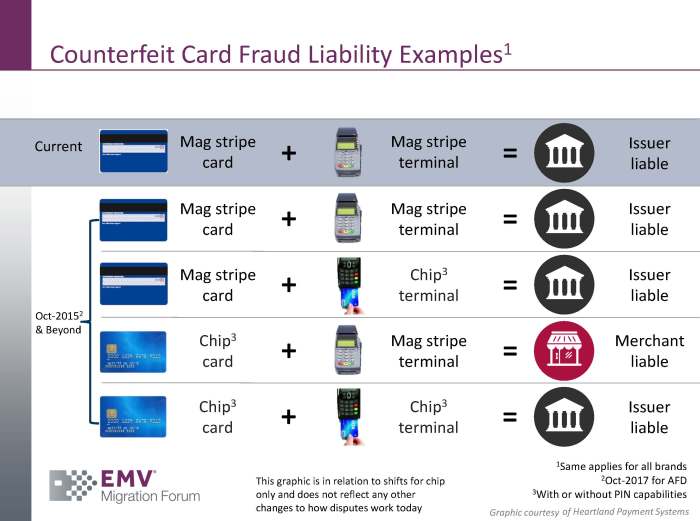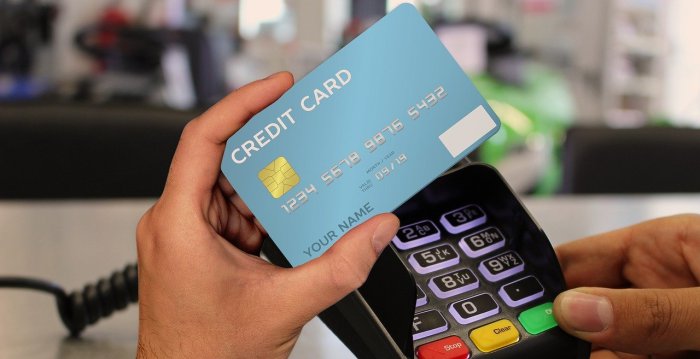Free Hacked Credit Cards With Money On Them: The allure of effortless wealth is a powerful siren song, luring unsuspecting individuals into a treacherous sea of online scams. This seemingly simple promise masks a complex web of illegal activity, from sophisticated phishing schemes to dark web marketplaces teeming with stolen financial data. Understanding the psychology behind this pursuit, the realities of online fraud, and the severe legal consequences is crucial to protecting yourself and your finances.
This isn’t just about avoiding a financial loss; it’s about safeguarding your digital identity and avoiding a potentially life-altering criminal record.
The perceived benefits – instant access to funds, a quick fix for financial woes – are wildly disproportionate to the devastating risks. We’ll explore the common tactics used by scammers, dissect real-world examples, and provide a clear roadmap for identifying and avoiding these traps. Ultimately, the pursuit of “free” hacked credit cards is a fool’s errand, leading to far greater financial and legal repercussions than any perceived gain.
This deep dive will equip you with the knowledge to navigate this dangerous landscape safely and securely.
The Reality of Online Scams

The promise of “free hacked credit cards with money on them” is a siren song luring unsuspecting individuals into the treacherous waters of online scams. These scams, often sophisticated and well-disguised, prey on the desire for quick financial gain and a lack of awareness about online security. Understanding the tactics employed by these criminals is crucial to protecting yourself and your financial well-being.
The consequences of falling victim can range from minor financial losses to severe identity theft and long-term credit damage.The methods used by scammers are multifaceted and constantly evolving. They leverage psychological vulnerabilities, exploiting our innate desire for easy solutions and financial freedom. This often involves a combination of deceptive marketing, social engineering, and technically advanced phishing techniques.
Common Online Scams Related to Free Hacked Credit Cards
Understanding the various types of scams is the first step in protecting yourself. The table below Artikels some of the most prevalent methods used to defraud individuals seeking free credit cards.
| Type of Scam | Description | Method of Operation | Red Flags |
|---|---|---|---|
| Phishing Websites | Fake websites mimicking legitimate financial institutions or credit card companies. | Victims are lured to the site through deceptive links or ads, prompted to enter personal and financial information, which is then stolen. | Unusual website addresses, poor website design, requests for sensitive information, lack of secure connection (HTTPS). |
| Social Media Scams | Scammers use social media platforms to advertise “hacked” credit cards or offer money-making opportunities. | Victims are contacted directly through messages or comments, often involving a promise of easy money in exchange for personal information or upfront fees. | Unrealistic promises of quick wealth, requests for personal information, suspicious links or attachments, accounts with very few followers or recent creation. |
| Email Scams | Emails claiming to offer free credit cards or access to hacked accounts. | Victims are tricked into clicking malicious links or downloading malware that steals their information. | Generic greetings, grammatical errors, urgent requests, suspicious links or attachments, requests for login credentials. |
| Advance-Fee Scams | Scammers request an upfront payment (e.g., processing fee) to access the “hacked” credit cards. | Victims pay the fee but never receive the promised credit cards or money. | Requests for upfront payments, vague promises, lack of transparency, pressure to act quickly. |
Examples of Phishing Attempts and Deceptive Websites
Phishing attempts can be incredibly convincing. For example, a scammer might create a website that looks almost identical to a major credit card company’s website. The URL might be slightly altered—perhaps a single letter or number is different—but this subtle change is often overlooked by unsuspecting users. Another common tactic is to send emails that appear to be from a legitimate bank, urging recipients to update their account information by clicking a malicious link.
These emails often contain urgent language and threats of account suspension to create a sense of urgency and pressure. Deceptive websites frequently include testimonials and seemingly positive reviews that are fabricated to enhance their credibility.
Identifying and Avoiding Online Scams: A Step-by-Step Guide, Free Hacked Credit Cards With Money On Them
Avoiding these scams requires vigilance and a healthy dose of skepticism. Here’s a step-by-step guide:
1. Verify the Source
Always verify the legitimacy of websites, emails, and social media accounts before sharing any personal information. Check for secure connections (HTTPS), look for contact information, and research the sender’s reputation.
2. Beware of Unrealistic Promises
If something sounds too good to be true, it probably is. Be wary of offers that promise quick riches or easy money without any effort.
3. Never Share Sensitive Information
Legitimate organizations will never ask for your credit card number, social security number, or other sensitive information via email, social media, or unsolicited phone calls.
4. Look for Red Flags
Pay attention to spelling and grammatical errors, suspicious links, and urgent requests.
5. Use Strong Passwords and Multi-Factor Authentication
Protect your online accounts with strong, unique passwords and enable multi-factor authentication whenever possible.
6. Keep Your Software Updated
Regularly update your operating system, web browser, and antivirus software to protect against malware and phishing attacks.
7. Report Suspicious Activity
Report any suspicious emails, websites, or social media accounts to the appropriate authorities.
Legal and Ethical Implications: Free Hacked Credit Cards With Money On Them

The allure of free hacked credit cards might seem tempting, but the reality is far more serious than a quick financial gain. Possessing and using stolen financial information carries significant legal and ethical consequences, impacting not only the individual involved but also the broader community. Understanding these implications is crucial to avoiding devastating repercussions.The ramifications of engaging in such activities extend far beyond simple theft.
It’s a crime with far-reaching consequences, both legally and ethically.
Criminal Charges and Penalties
Using a hacked credit card is a federal crime in most countries, carrying severe penalties. These penalties can include substantial fines, lengthy prison sentences, and a criminal record that can significantly impact future opportunities. The specific charges and penalties vary depending on factors such as the amount of money involved, the number of cards used, and the perpetrator’s prior criminal history.
For example, in the United States, charges can range from relatively minor offenses like unauthorized access to a computer to major felonies like identity theft and wire fraud, each carrying vastly different sentencing guidelines. These can result in years of imprisonment and hundreds of thousands of dollars in fines and restitution. Furthermore, a criminal record can severely hinder future employment prospects, educational opportunities, and even immigration status.
Ethical Considerations
Beyond the legal repercussions, the ethical implications of using hacked credit cards are profound. Acquiring and using stolen financial information is a violation of trust and a breach of fundamental ethical principles. It causes significant financial harm to the victims, leading to stress, debt, and damage to their credit history. This act undermines the very fabric of trust that underpins financial systems.
The ethical responsibility extends beyond the direct victims; the act contributes to a climate of insecurity and distrust, impacting the broader economy and society. Consider the ripple effect – the bank, the merchants, and ultimately, the entire financial system bears the cost of fraudulent transactions. It’s not just about the money; it’s about the violation of personal privacy and the erosion of trust.
Public Service Announcement: The High Cost of Easy Money
Don’t be fooled by the illusion of easy money. Using hacked credit cards is a serious crime with severe consequences. You risk facing hefty fines, lengthy prison sentences, and a permanent criminal record. More importantly, you are causing significant financial and emotional harm to innocent victims. Protect yourself and others: choose ethical and legal paths to financial stability. Report any suspicious activity to the appropriate authorities. The temporary thrill is never worth the long-term devastation.
In the end, the tempting offer of “Free Hacked Credit Cards With Money On Them” is a mirage. The risks far outweigh any potential rewards. Understanding the psychological motivations, the intricate methods of scammers, and the serious legal ramifications is paramount. By proactively protecting your personal information, regularly monitoring your accounts, and reporting suspicious activity, you can significantly reduce your vulnerability to these pervasive online threats.
Remember, financial security requires vigilance and a healthy dose of skepticism – don’t fall prey to the alluring but ultimately destructive promise of easy money.

